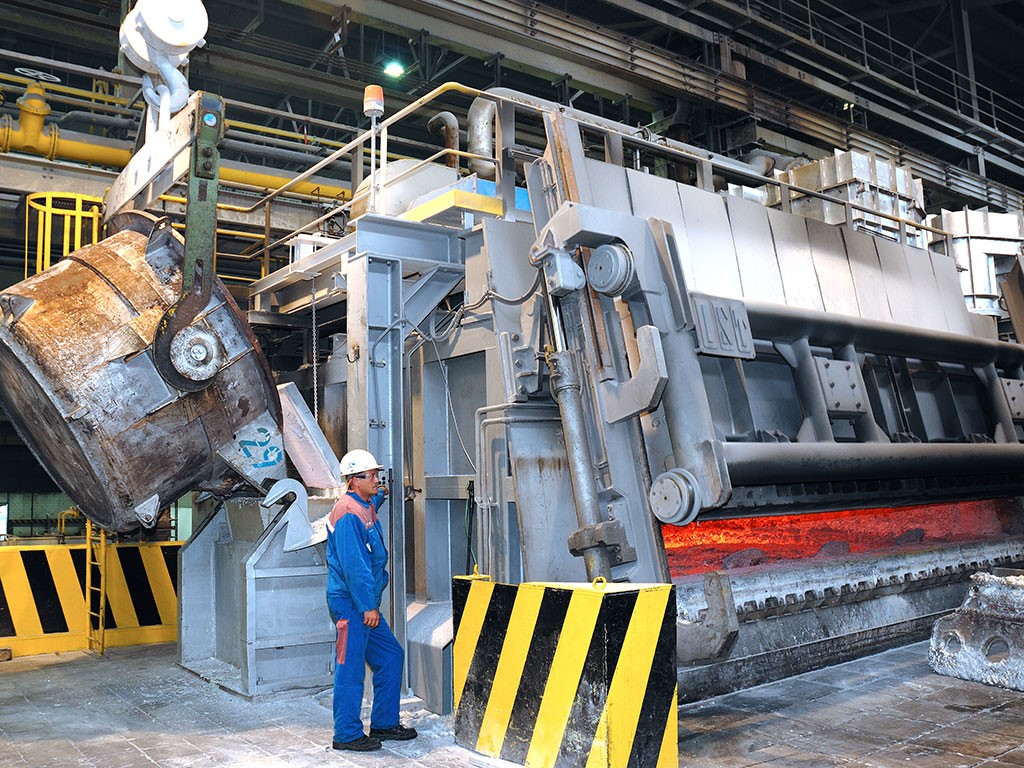

German aluminium producer Trimet said that it installed a new rotary furnace on February 15 at its Gelsenkirchen plant in West Germany for expanding the group’s recycling capacity. The furnace is able to melt up to 200 tonnes of aluminium scrap every day and load up to 40 tonnes.

The firm after the installation of the new furnace said the expansion is significant but did not specify the exact size of the capacity increase.
Trimet operates three recycling facilities in Germany - at Gelsenkirchen, Harzgerode, and Essen. Combining all, the group's recycling capacity was at 250,000 tonnes in the last financial year ending on June 30, 2018.
"Around 90pc of the aluminium in circulation is recycled, and the total quantity of recycled light metal continues to increase as a result of increasing demand. So it is only logical for us to consistently invest in expanding our capacities and modernising our plants," said the chairman of Trimet Philipp Schlüter.
As Trimet said, the new furnace will replace two of the three existing furnaces at the plant. It is energy-efficient and would be able to increase the recovery rate of aluminium scrap. The Gelsenkirchen plant processes different grades of aluminium scrap sourced from the German domestic market — dross, incinerated scrap, and the whole range of primary and obsolete scrap material.
The secondary alloys produced at Gelsenkirchen plant are majorly used for the automotive, electrical and machine-building industries.
In November last year, Trimet reportedly used more aluminium scrap as feedstock amid tight alumina supply.
Trimet's German operations had produced 625,000 tonnes of primary and recycled aluminium in the financial year ending on June 30, 2018; while the group's output in France was at 140,000 tonnes for the same period.
Responses








